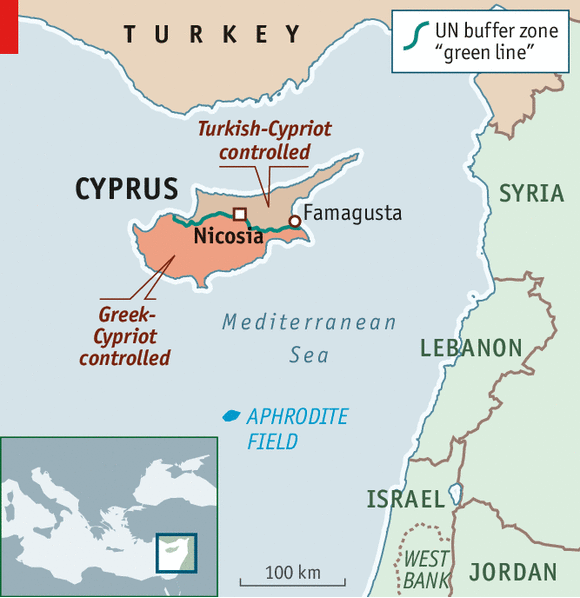7667766266
enquiry@shankarias.in
Why in news?
Talks to end the 43-year-old political deadlock on Cyprus broke down, as Turkish and Greek cypriot negotiators failed to reach compromises over the security of the island.
What is the history of the dispute?

What’s happening now?
What are the main obstacles?
What are the benefits of a united Cyprus?
Source: The Hindu